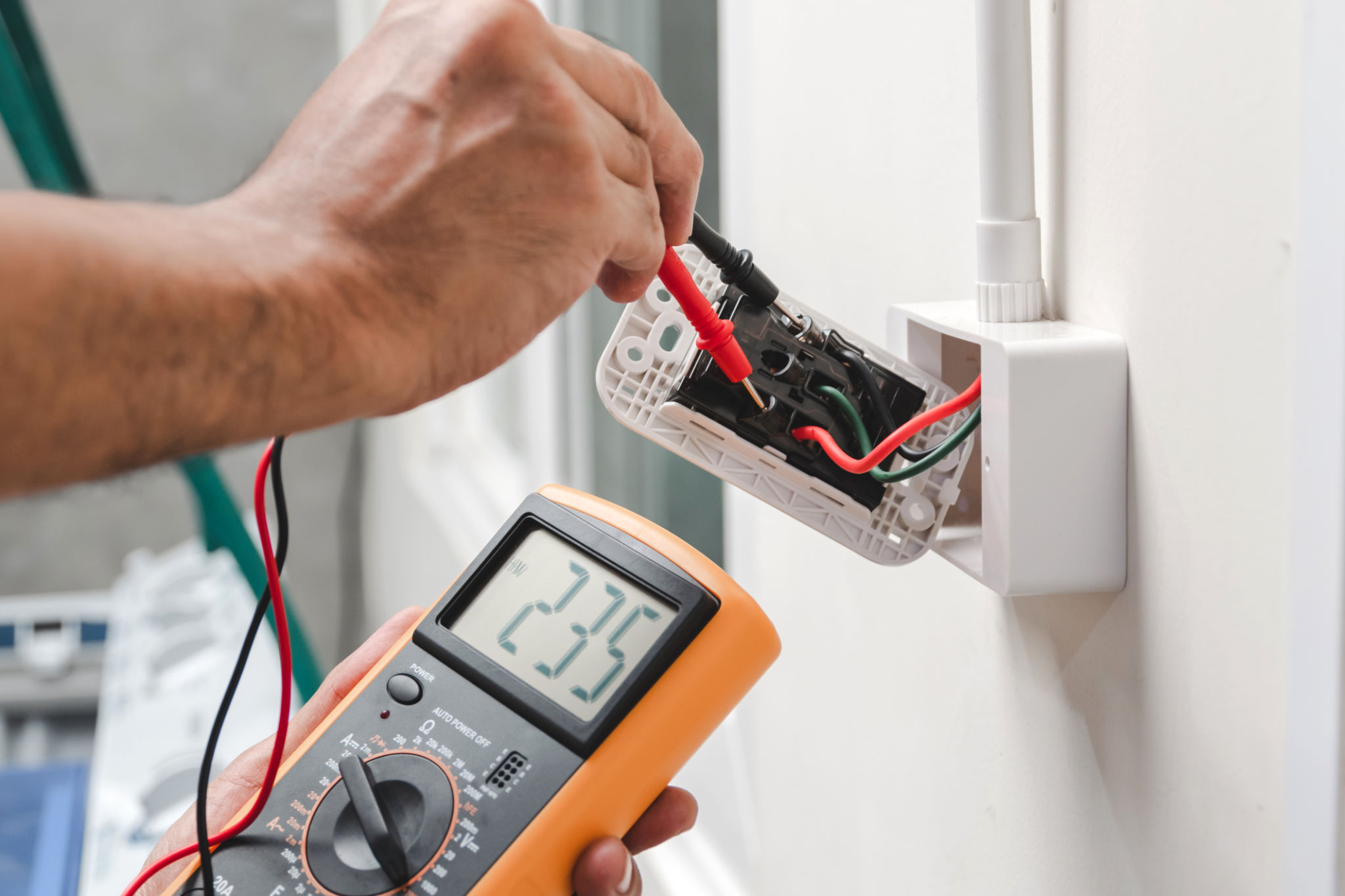DIY Electrical Fixes: What You Should and Shouldn't Do
Understanding DIY Electrical Work
When it comes to taking care of your home, there are plenty of tasks you can confidently undertake yourself. However, when it comes to electrical work, caution is key. While there are some minor electrical fixes you can handle on your own, others are best left to the professionals. Understanding the difference between the two can save you time, money, and most importantly, keep you safe.

Basic Electrical Fixes You Can Do
There are a few simple electrical tasks you can safely perform. These include replacing light bulbs, resetting circuit breakers, and installing or replacing battery-operated smoke detectors. Such tasks typically involve minimal risk if you follow the proper safety protocols. Always ensure the power is off before starting any work and use tools with insulated handles.
Another common task is replacing a blown fuse. This involves unscrewing the old fuse and replacing it with one that has the same amperage rating. It's important to remember never to replace a fuse with one of a higher rating, as this can lead to overheating and potential fire hazards.
When to Call a Professional
For more complex tasks, such as rewiring circuits, installing new outlets, or working on the electrical panel, it's best to hire a licensed electrician. These jobs require in-depth knowledge of electrical systems and extensive experience to ensure safety and compliance with local codes.

Attempting to handle these more complicated tasks without professional assistance can lead to serious accidents or damage to your home. For instance, improper wiring can result in short circuits, which may cause fires or electrical shocks.
Essential Safety Tips for DIY Electrical Work
Even when tackling simple projects, safety should always be your top priority. Here are some essential tips:
- Turn off the power: Always switch off the power at the circuit breaker before starting any electrical work.
- Use insulated tools: Ensure all your tools have insulated handles to protect against electric shocks.
- Avoid wet conditions: Never work with electricity in damp or wet conditions to prevent electrocution.
The Risks of DIY Electrical Work
While saving money by doing it yourself might be tempting, the risks associated with improper electrical work are significant. Electrical fires are a common result of amateur repairs and can cause extensive damage and endanger lives. Furthermore, if your DIY electrical work does not comply with local building codes, it may void your homeowner’s insurance policy.

Another risk is personal injury. Without proper training, you could accidentally come into contact with live wires, leading to potentially fatal electric shocks. This is why it’s crucial to know your limits and defer to professionals when necessary.
Conclusion
In conclusion, while there are some electrical fixes you can safely tackle yourself, it’s essential to recognize when to call in a professional. Prioritizing safety and understanding your limitations can help prevent accidents and ensure that your home remains a safe environment. Remember, when in doubt, it's always better to be safe than sorry.
